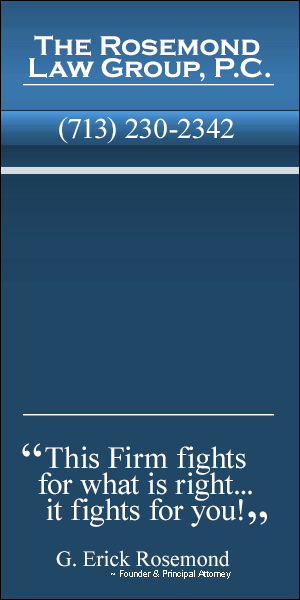
The Food and Drug Administration (FDA) is supposedly the federal agency charged with protecting consumers from dangerous products, drugs, and foods. However, the information the agencies rely on when determining if a product is unsafe for human use or consumption is not always unbiased. This was blatantly clear at the 2018 Asbestos in Talc Symposium held last November in Washington, D.C.
Symposium of Experts
According to the Joint Institute of Food Safety and Applied Nutrition’s website, “The purpose of the symposium was to provide a forum for experts in asbestos mineral analysis, academicians and regulators to share knowledge on testing approaches aimed at adequately analyzing talc-containing products for the presence of asbestos fibers.”
The symposium, which was sponsored by the FDA, was created in response to the thousands of lawsuits filed alleging cosmetic companies like Johnson & Johnson (J&J) failed to warn their customers that their talc powder products contained asbestos, which is a carcinogen known to cause cancer. Participants and organizers hoped the symposium would provide the opportunity to discuss how to handle asbestos testing and detection.
While the goal of the symposium was a valiant one, the participants were mostly experts and professionals who had worked on behalf of the companies that create these products. The attendees mostly consisted of expert witnesses who had testified on behalf of J&J in their many lawsuits and consultants in the industry that had previously worked for cosmetic companies.
In addition, experts who had testified against J&J in those same lawsuits were turned away and not allowed to attend.
The FDA Already Knew About Talc Dangers
Had juries all over this country not agreed with multiple victims and ordered cosmetic companies to fork over billions of dollars for their failure to warn consumers of the danger of their product, one wonders whether the FDA would ever have bothered exploring the issue. We know this is a real concern because the FDA was made aware of the asbestos in talc in 1971 after doctors made the discovery and started an inquiry. However, after J&J assured the FDA that the product was safe, the inquiry was dropped.
Yet again, the FDA is relying on the companies who make many millions of dollars off talc powder each year to assure them the product is safe. In the FDA’s own statement published on its website, Scott Gottlieb, M.D., the Commissioner, said, “We are dependent on manufacturers to take steps to ensure the safety of their products…”
The FDA has for years been relying entirely on industry experts when making decisions regarding the safety of products. It is under great pressure now to respond to the growing talc crisis, but it needs to also change the information it relies upon when making decisions regarding consumer safety.
When asked about the experts invited to the symposium, the FDA cited the lack of professionals with intimate knowledge related to the subject, but that does not account for those turned away from attending the symposium – who just so happen to have testified against J&J.


Leave a Reply